Description
The Unsung Heroes of Engine Health: Understanding Lubricant Additives
We often think of engine oil as a single entity, a vital fluid that keeps our engines running smoothly. But beneath the surface, engine oil is a complex cocktail, meticulously blended to provide optimal performance and protection. A crucial component of this formulation is the often-overlooked world of lubricant additives.
These additives are the unsung heroes of engine health, working tirelessly to enhance the base oil’s performance and combat the harsh conditions within an engine. They provide a range of benefits, from reducing friction and wear to preventing corrosion and keeping the engine clean. Understanding the role of these additives is essential for appreciating the complexities of engine lubrication and making informed decisions about oil selection and maintenance.
So, what are lubricant additives and what do they do?
Lubricant additives are chemical compounds added to base oils to impart specific desirable properties or to enhance existing ones. They typically make up a significant portion of the final oil formulation, often ranging from 10% to 30% or even more. Here’s a breakdown of some key types of additives and their functionalities:
- Viscosity Index Improvers (VIIs): These additives help maintain the viscosity of the oil over a wide range of temperatures. They prevent the oil from thinning out too much at high temperatures and thickening excessively at low temperatures, ensuring consistent lubrication across different operating conditions. Think of them as stabilizers that keep the oil’s viscosity “just right”.
- Detergents: These act like tiny scrub brushes, preventing the formation of harmful deposits and sludge on engine surfaces. They neutralize acidic combustion byproducts and keep contaminants suspended in the oil, allowing them to be filtered out.
- Dispersants: Similar to detergents, dispersants keep insoluble particles in the oil from clumping together and forming larger, more harmful deposits. They help keep the engine clean by dispersing these particles throughout the oil, preventing them from settling and causing problems.
- Anti-Wear Additives: These additives form a protective film on metal surfaces, reducing friction and wear between moving parts, especially under high loads and temperatures. They are crucial for protecting critical engine components like bearings, camshafts, and cylinder walls. Common examples include zinc dialkyldithiophosphate (ZDDP) and its newer, more environmentally friendly alternatives.
- Corrosion Inhibitors: These additives create a protective barrier on metal surfaces to prevent corrosion caused by moisture, acids, and other corrosive agents. They are particularly important in protecting engine components against rust and oxidation.
- Friction Modifiers: These additives reduce friction between moving parts, improving fuel economy and reducing engine wear. They work by forming a thin, low-friction film on metal surfaces.
- Extreme Pressure (EP) Additives: Designed to withstand extreme pressure and temperatures, EP additives react chemically with metal surfaces to form a protective film that prevents metal-to-metal contact under severe operating conditions.
- Pour Point Depressants: These additives improve the oil’s fluidity at low temperatures, allowing it to flow more easily and lubricate the engine effectively during cold starts.
- Antioxidants: These additives prevent oxidation of the oil, which can lead to sludge formation and a reduction in the oil’s lubricating properties. They extend the oil’s lifespan and maintain its performance over time.
- Foam Inhibitors: These additives prevent the formation of excessive foam in the oil, which can reduce its lubricating properties and lead to engine damage.
Why are Lubricant Additives Important?
The performance and longevity of an engine heavily rely on the quality and effectiveness of the lubricant used. Lubricant additives play a critical role in:
- Extending Engine Life: By reducing wear, preventing corrosion, and keeping the engine clean, additives contribute significantly to prolonging the lifespan of engine components.
- Improving Fuel Economy: Friction modifiers and viscosity index improvers can help reduce friction and improve fuel efficiency.
- Enhancing Engine Performance: By providing consistent lubrication and preventing deposits, additives help maintain optimal engine performance.
- Reducing Emissions: Detergents and dispersants help ensure clean combustion, reducing harmful emissions.
- Extending Oil Drain Intervals: Antioxidants and other additives help extend the life of the oil, allowing for longer drain intervals.
Choosing the Right Oil and Understanding Additive Evolution:
Selecting the right engine oil for your vehicle is crucial, and it’s important to consider the manufacturer’s recommendations and the specific operating conditions. Oil formulations are constantly evolving to meet increasingly stringent performance and environmental regulations. For example, the reduction of ZDDP in some modern oils has led to the development of alternative anti-wear technologies to maintain engine protection.
In conclusion, lubricant additives are the silent partners in engine lubrication, working behind the scenes to enhance the performance and longevity of our engines. Understanding their role is essential for appreciating the complexity of engine oil and making informed decisions about oil selection and maintenance. By choosing the right oil with the right additives, you can ensure that your engine receives the protection it needs to perform optimally and last longer. So, the next time you top up your oil, remember the unsung heroes that are working tirelessly to keep your engine running smoothly – the lubricant additives.

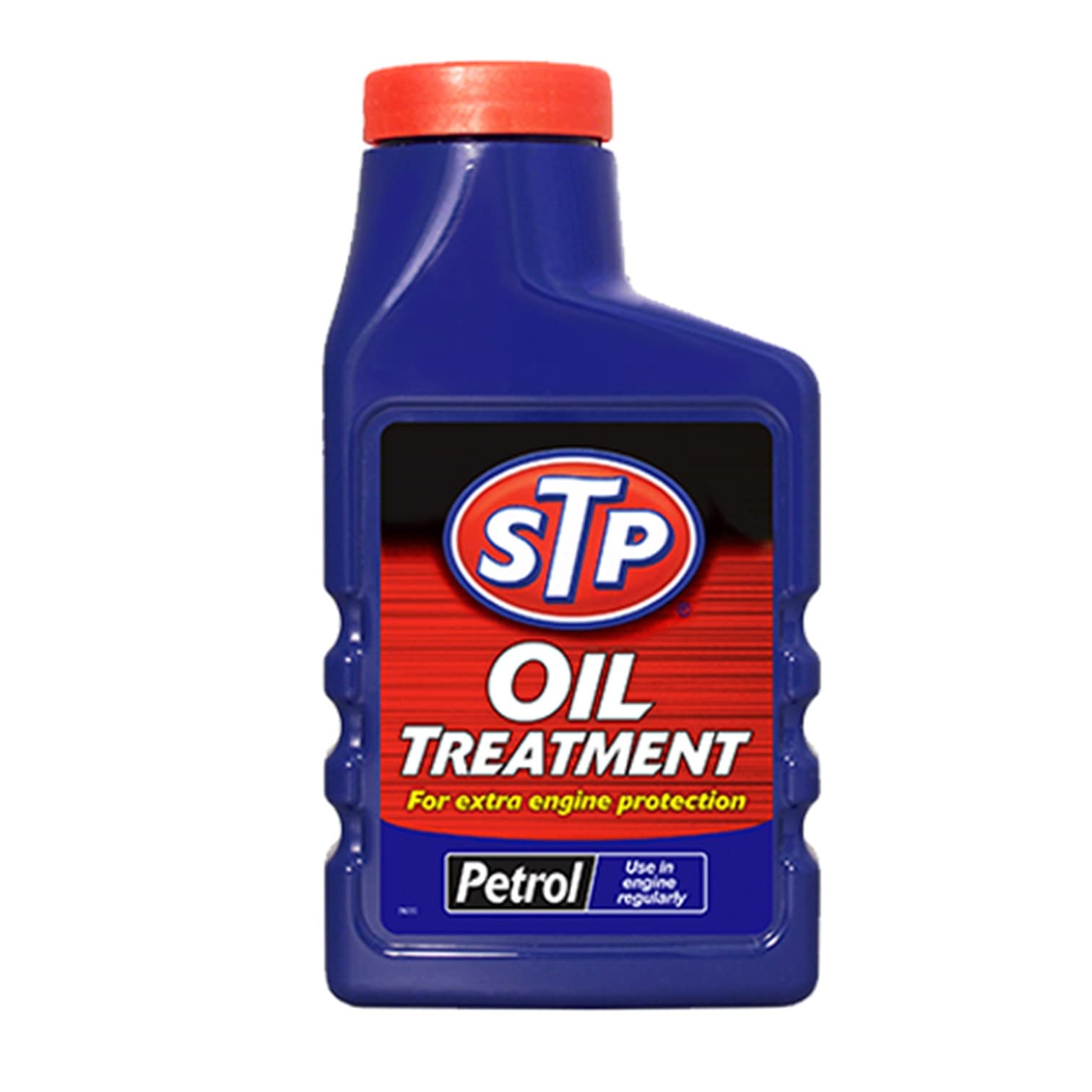
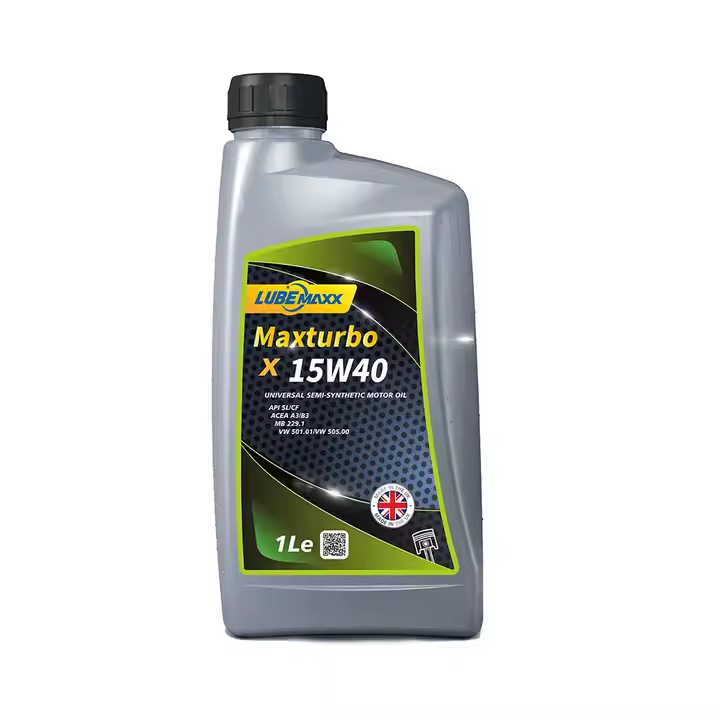
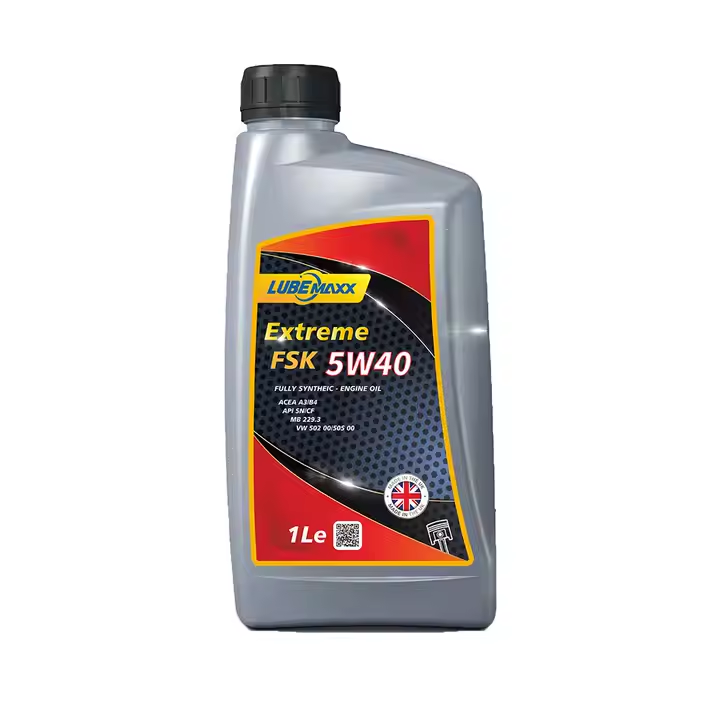
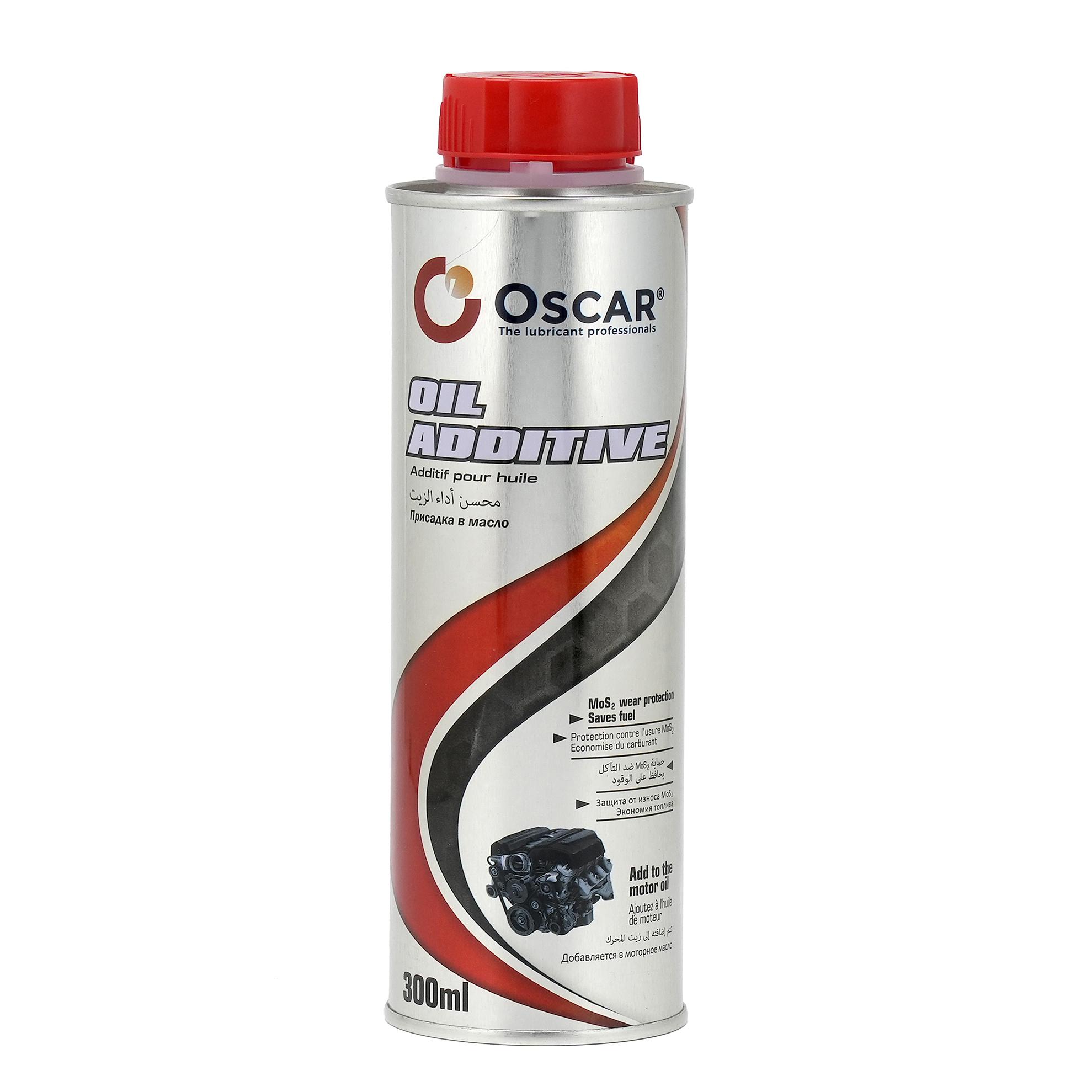

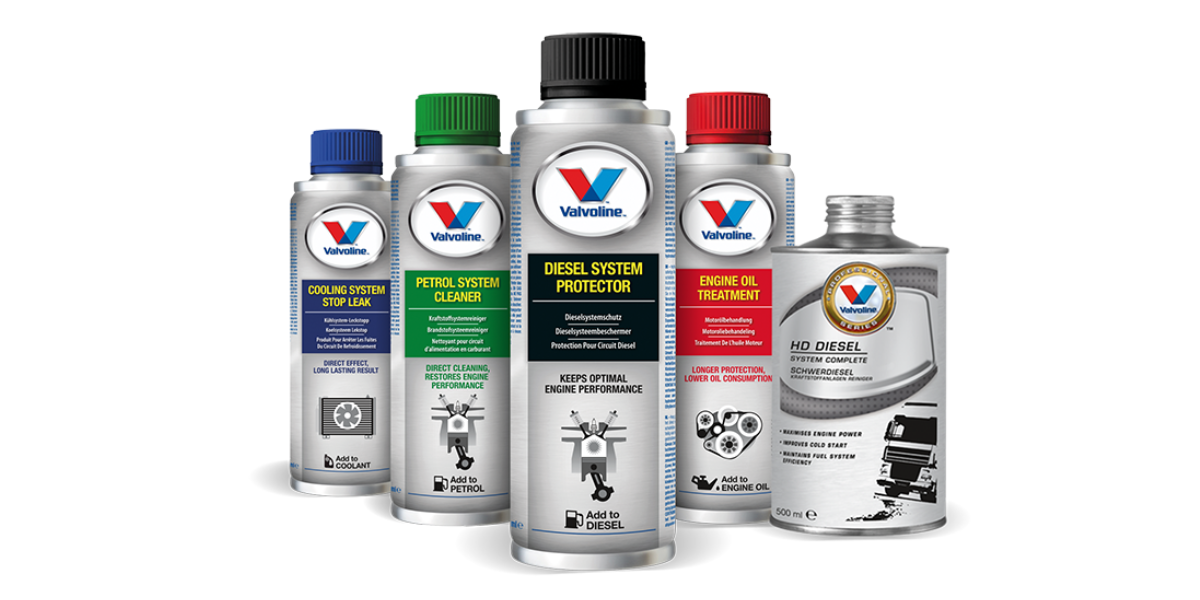




Reviews
There are no reviews yet.